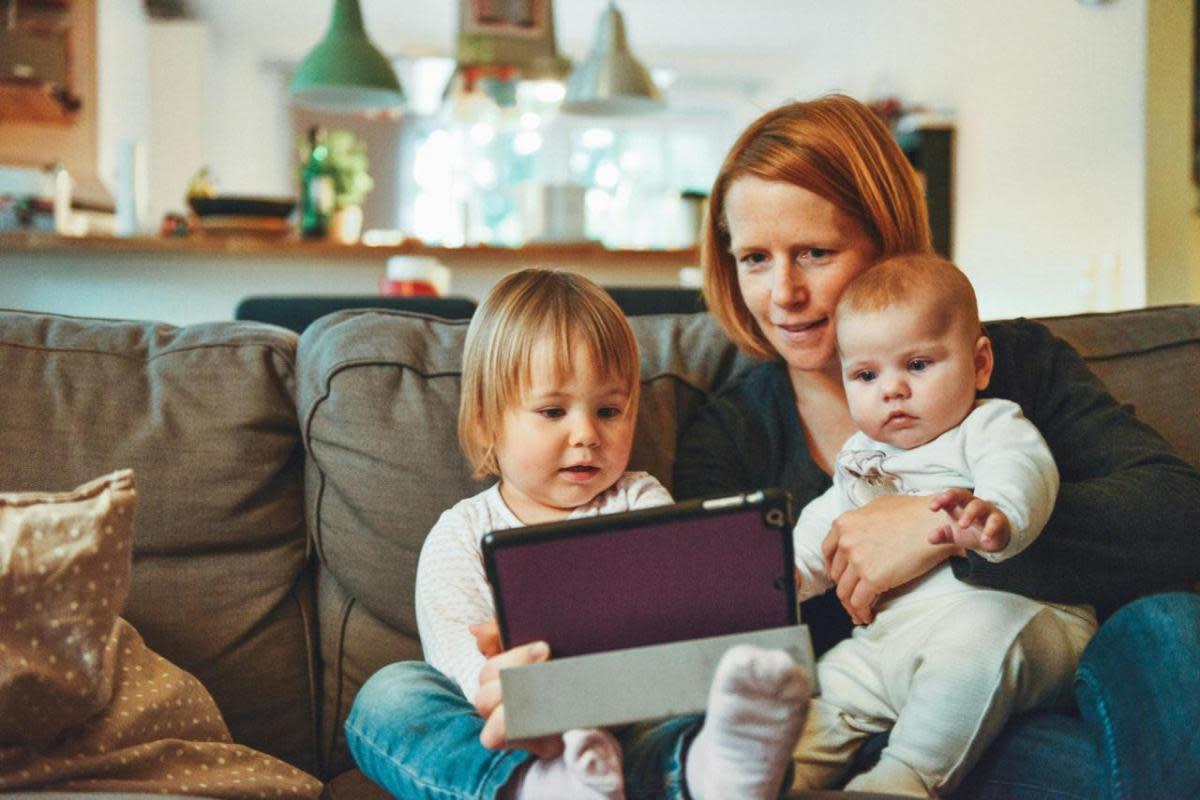Children to 'come first' with family support reforms

Families across Dorset will lead on plans to reform children's services in the county.
Last year, Dorset Council was selected by the government to be one of only three 'pathfinder organisations' to design major reforms to children's services.
A key milestone has now been reached where the design work has been done to change the way that social care is delivered for families in Dorset and work is now underway to implement the new way of working.
READ: Dorset Council to prioritise housing developments for vulnerable
Theresa Leavy, executive director for children’s services, said: “We’ve called this our Families First for Children Pathfinder because one of the key principles of our new way of working is that we put children and their families first.
"They lead on the decision making and tell us, or other support groups in their community, what help they think they need in order to keep their family together.
“We are in the fortunate position of not having to re-design everything.
"We’ve been using our locality-based way of working for some time now where people can get help from a range of services in their community that is tailored to what they need locally. The work of the pathfinder has enhanced the service that was already there.”
READ: People in Dorset spend millions on adult social care
The new way of working has been split into four areas:
Family help – teams that are based locally and can help families with tailored support in a wide range of needs
Child protection – a dedicated and skilled team that works with family help and other agencies to protect children who are suffering or are likely to suffer significant harm
Family networks – making greater use of the network that each family has and aiming to keep more children living at home or with someone they already know
Safeguarding partners – making sure that current safeguarding partners are brought along with any changes and that education is included as the fourth safeguarding partner.
The council says it expects that by working differently there will be fewer children on child protection plans, fewer children in care and more children will be supported to stay with their birth families.
READ: Positive rating for Dorset care provider - but concerns highlighted
Those children who can’t stay with their birth parents will be supported to stay with other members of their family or kinship carers.
Family networks will be identified by families themselves and the council says it recognises that not everyone will have a family network around them, so the new network of family hubs will offer a welcoming place that families can go to if they need information, advice or help.
They will also offer activities and social opportunities for children, parents and carers.
Theresa Leavy added: “Overall we expect this to be a better experience for families who will feel more supported and better able to develop their own plans to keep their children close to them.”

 Yahoo News
Yahoo News 
